Banks have been around a long time. They are a part of our everyday lives. It seems like there’s a bank on every corner, yet we rarely give these important institutions a second thought.
One day, when you have a career and an income, you’ll need a safe place to deposit your paycheck and save your money. You will have a consumer relationship with a bank. Like any relationship involving their hard-earned money, you should know what you’re getting into!
Unit Theme
Earning an Income
Lesson Topics
- Commercial bank divisions
- Savings
- Checking
- Money market accounts
- Bank fees
- Avoiding bank penalties
- Good banking habits
- (opt.) The virtual currency debate
Chapter Text
Chapter Review Podcast
Listen to this Chapter’s review podcast episode:
Activity Binder
Click here to view and download the Chapter 2 Activity Binder
What Does That Mean? e-flashcards
Lesson Two has 15 personal finance and money management vocabulary terms.
Bank fees
Money that banks deduct from an account in return for services the bank provides or as a penalty for the account holder’s misuse of the account.
Certificate of Deposit
“CD”; a financial product commonly sold by banks; CDs are similar to savings accounts but earn a higher interest rate and have time restrictions on withdrawal.
Checking account
Type of deposit account which lets the account holder write checks or use a debit card to pay bills or buy goods and services.
Commercial bank
A standard bank, with both business and retail/consumer divisions.
Consumer bank
The division of a commercial bank that deals directly with individual customers; also called a retail bank.
Consumer credit
Short term loans to consumers made primarily through credit card use for the purchase of goods or services for personal, family, or household purposes.
Debit card
A plastic card used to make purchases which deducts money directly from the card holder’s checking account when used.
Deposit insurance
U.S. government insurance that protects a depositor from loss in the event the bank is unable to repay depositors.
Federal Deposit Insurance Corporation
“FDIC”; an independent agency of the U.S. government which insures the funds deposited in banks and savings associations.
Financial services
Businesses that manage money and provide financial advice, products, and services such as banks and insurance companies.
Minimum balance requirement
The minimum amount of dollars an account holder can have in their bank account without being charged a fee for having a low balance.
Money Market Account
“MMA”; an interest-bearing account which typically pays a higher interest rate than a savings account and provides the account holder with limited withdrawals.
Savings account
A type of deposit account that earns interest on the money in the account.
Savings & Loan
“S&L”; specialized banks originally created to promote homeownership and savings, which now function like standard commercial banks; also referred to as a thrift.
Time deposit account
A type of bank account that pays a higher rate of interest in exchange for the account holder’s agreement to not withdraw the funds before a set date; Certificate of Deposit.
